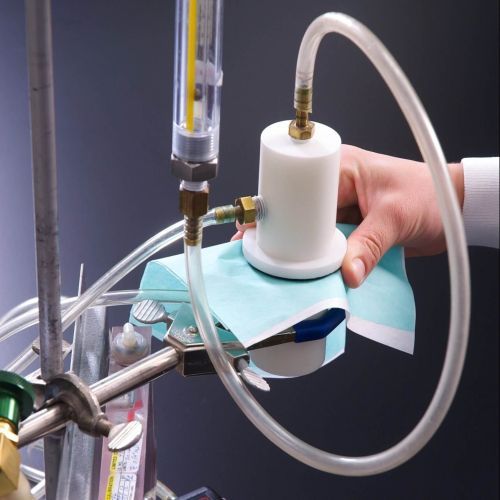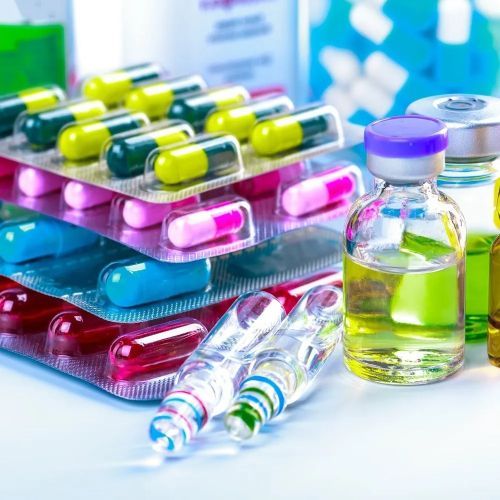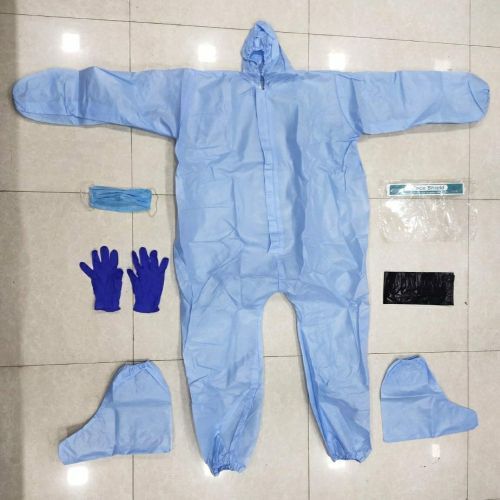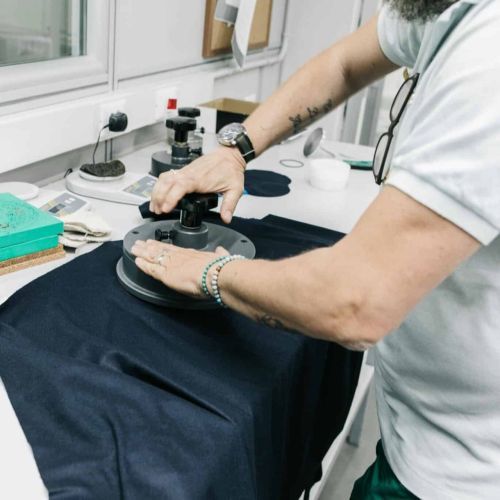- View Mobile Number
iirtdelhi@gmail.com
Other Testing
Leading Manufacturers, Exporters, Wholesaler, Retailer of Face Mask Testing Service, Pharmaceutical Testing Services, PPE Kit Testing Service and Textile Testing Service from Ghaziabad.
Face mask testing is a vital process to ensure that various types of face masks—such as surgical masks, N95 respirators, and cloth masks—meet established performance, safety, and regulatory standards. This testing evaluates the mask’s ability to protect against airborne particles, bacteria, fluids, and pathogens, ensuring effective filtration and user safety.
Key parameters tested include bacterial filtration efficiency (BFE), particulate filtration efficiency (PFE), fluid resistance, breathability (differential pressure), and fit or seal integrity, particularly for respirators like N95s. These tests help determine whether a mask is suitable for medical, industrial, or general public use.
Face mask testing is essential for regulatory compliance with standards such as ASTM, EN, or NIOSH, depending on the region and mask type. It ensures that only safe and effective products reach consumers and healthcare professionals, especially during public health emergencies where protective equipment is critical.
Pharmaceutical testing is a comprehensive process involving a range of analytical, microbiological, chemical, and stability assessments carried out on drugs, Active Pharmaceutical Ingredients (APIs), excipients, and finished formulations. The primary objective of this testing is to ensure the safety, efficacy, and quality of pharmaceutical products while meeting regulatory requirements set by authorities such as the FDA, EMA, or WHO.
These tests evaluate factors such as purity, potency, dissolution, sterility, microbial load, and shelf-life stability. Testing is conducted throughout the drug development lifecycle—from raw material verification and in-process control to final product release.
Pharmaceutical testing plays a vital role in detecting impurities, ensuring batch-to-batch consistency, and verifying that products perform as intended. By maintaining rigorous testing standards, manufacturers can minimize health risks, prevent product recalls, and uphold patient safety, ultimately ensuring that medicines are both effective and reliable when they reach the end user.
PPE kit testing is a crucial process to ensure that personal protective equipment—including masks, gloves, gowns, face shields, and coveralls—meets required safety, performance, and regulatory standards. This testing verifies the effectiveness of each component in providing protection against chemical, biological, and physical hazards that workers may encounter in healthcare, industrial, or emergency settings.
The evaluation includes testing for factors such as filtration efficiency, fluid resistance, tear and puncture strength, breathability, and fit and comfort. For example, masks are tested for bacterial and particulate filtration efficiency, while gowns and coveralls are assessed for barrier performance and seam integrity.
PPE kit testing ensures compliance with standards set by organizations like ISO, ASTM, and NIOSH, helping manufacturers deliver reliable products that safeguard users. Ultimately, this process is essential for minimizing health risks and enhancing the safety and confidence of individuals relying on PPE in hazardous environments.
Fabric and textile testing is a vital process used to evaluate the physical, mechanical, chemical, and biological properties of textiles to ensure their quality, safety, durability, and compliance with industry regulations. This comprehensive analysis helps manufacturers confirm that fabrics meet specific standards for performance and consumer safety.
Key tests may assess strength, colorfastness, flammability, pH levels, antimicrobial activity, and resistance to wear and environmental factors. These evaluations are essential across a wide range of industries, including:
-
Apparel and fashion – to ensure comfort, color retention, and longevity
-
Medical textiles – for sterility, biocompatibility, and hygiene
-
Personal protective equipment (PPE) – for safety, durability, and barrier protection
-
Upholstery and home furnishings – for strength, appearance, and fire resistance
-
Automotive and industrial textiles – for performance under stress and environmental exposure
Through standardized testing, fabric and textile products can meet both customer expectations and regulatory requirements.




